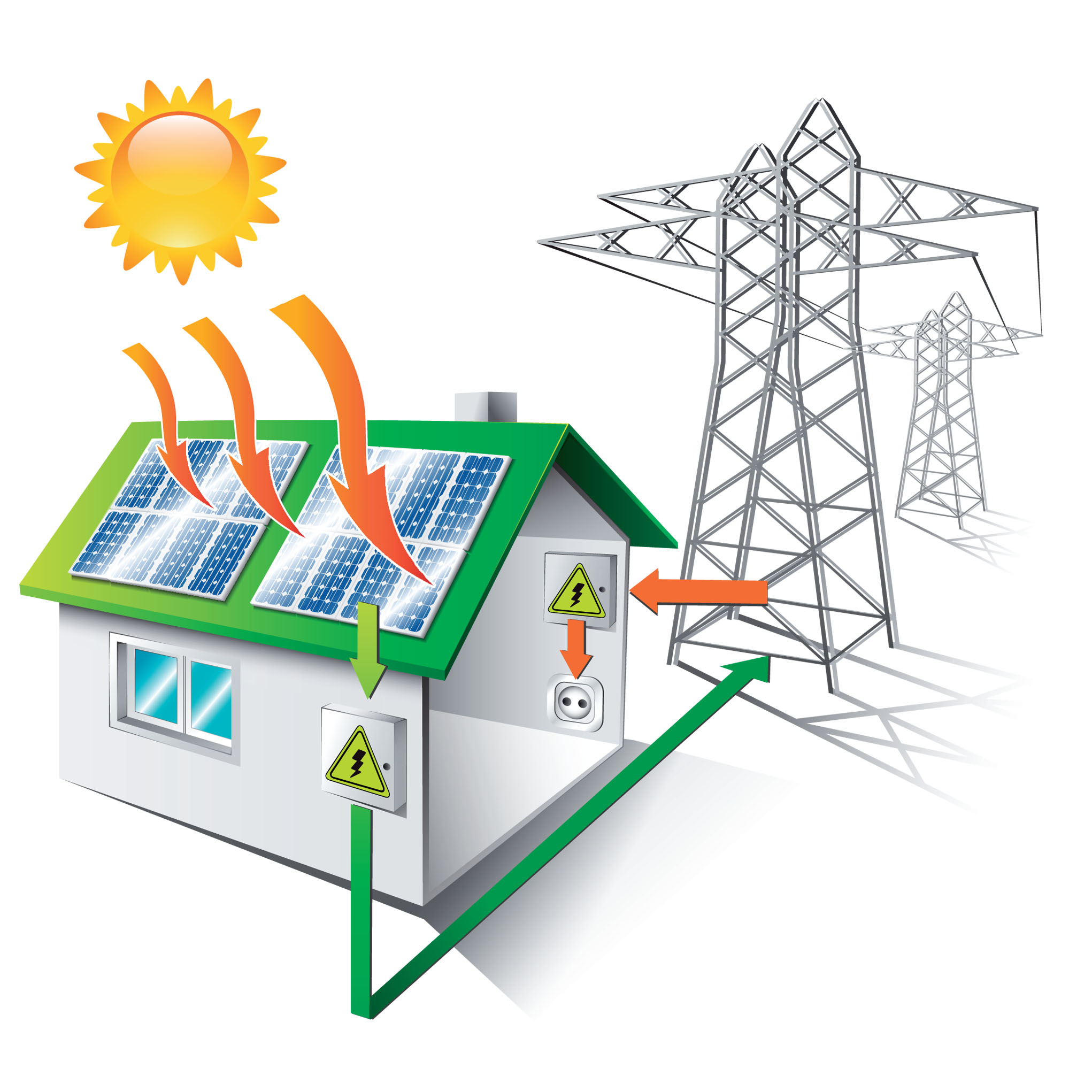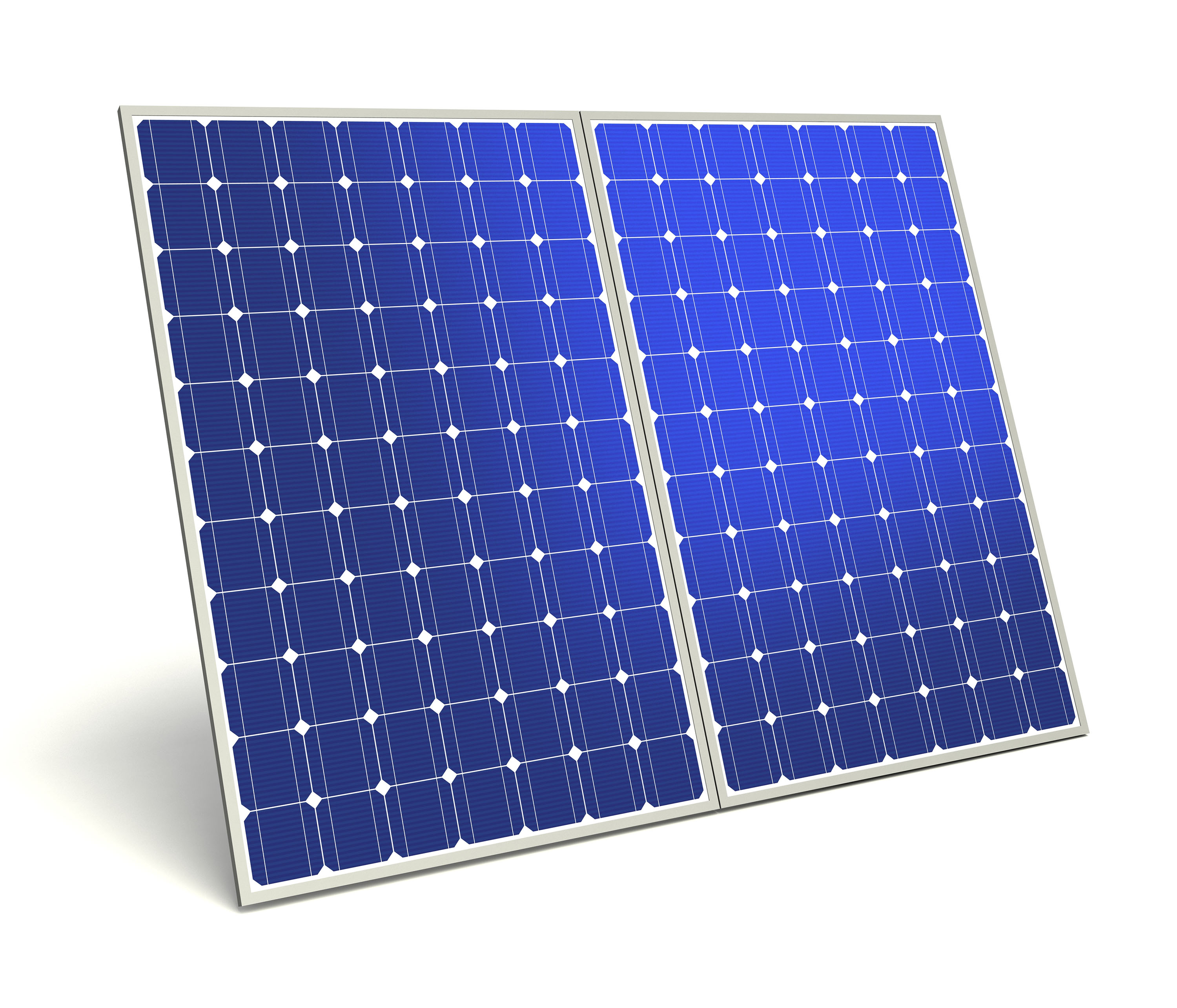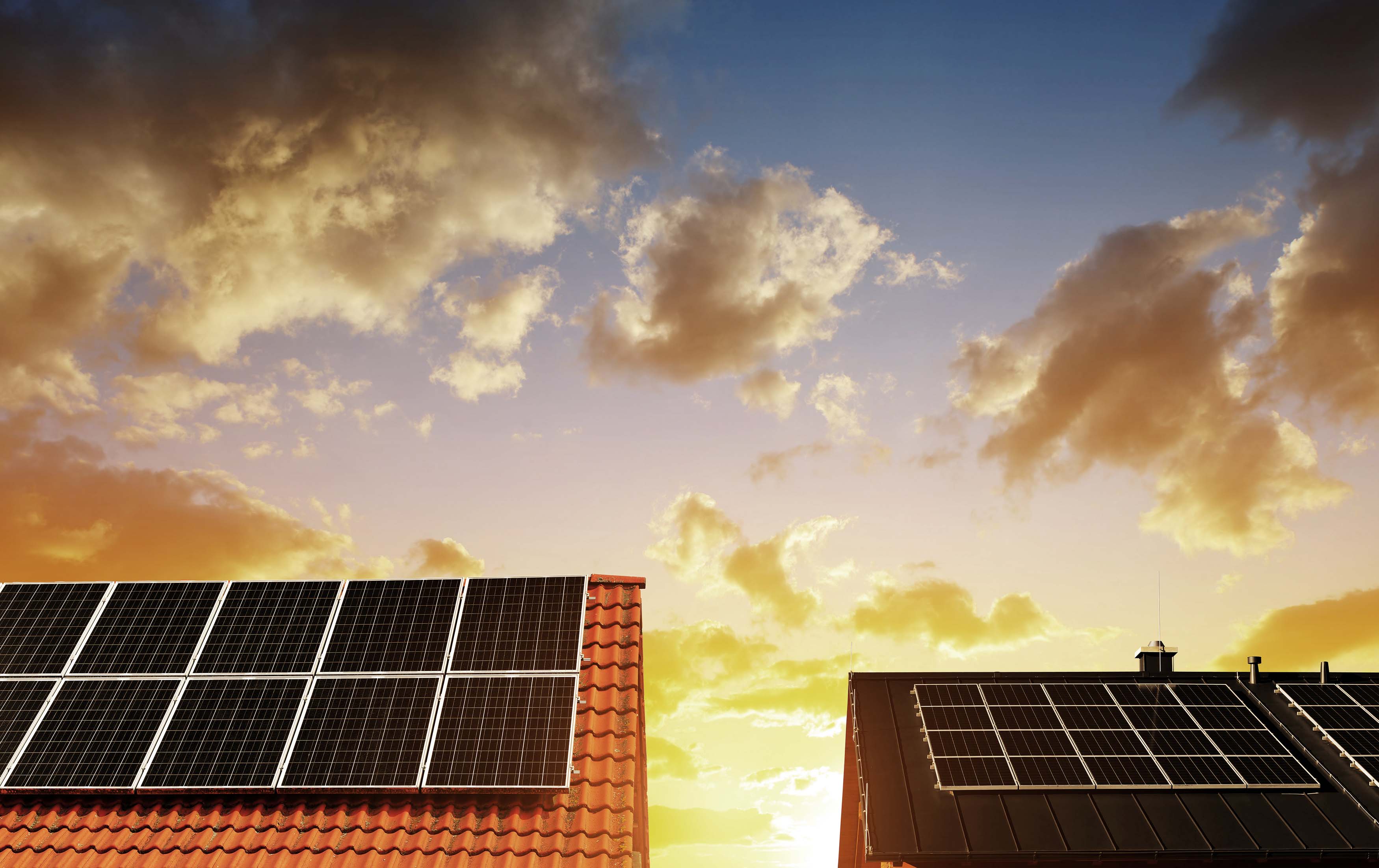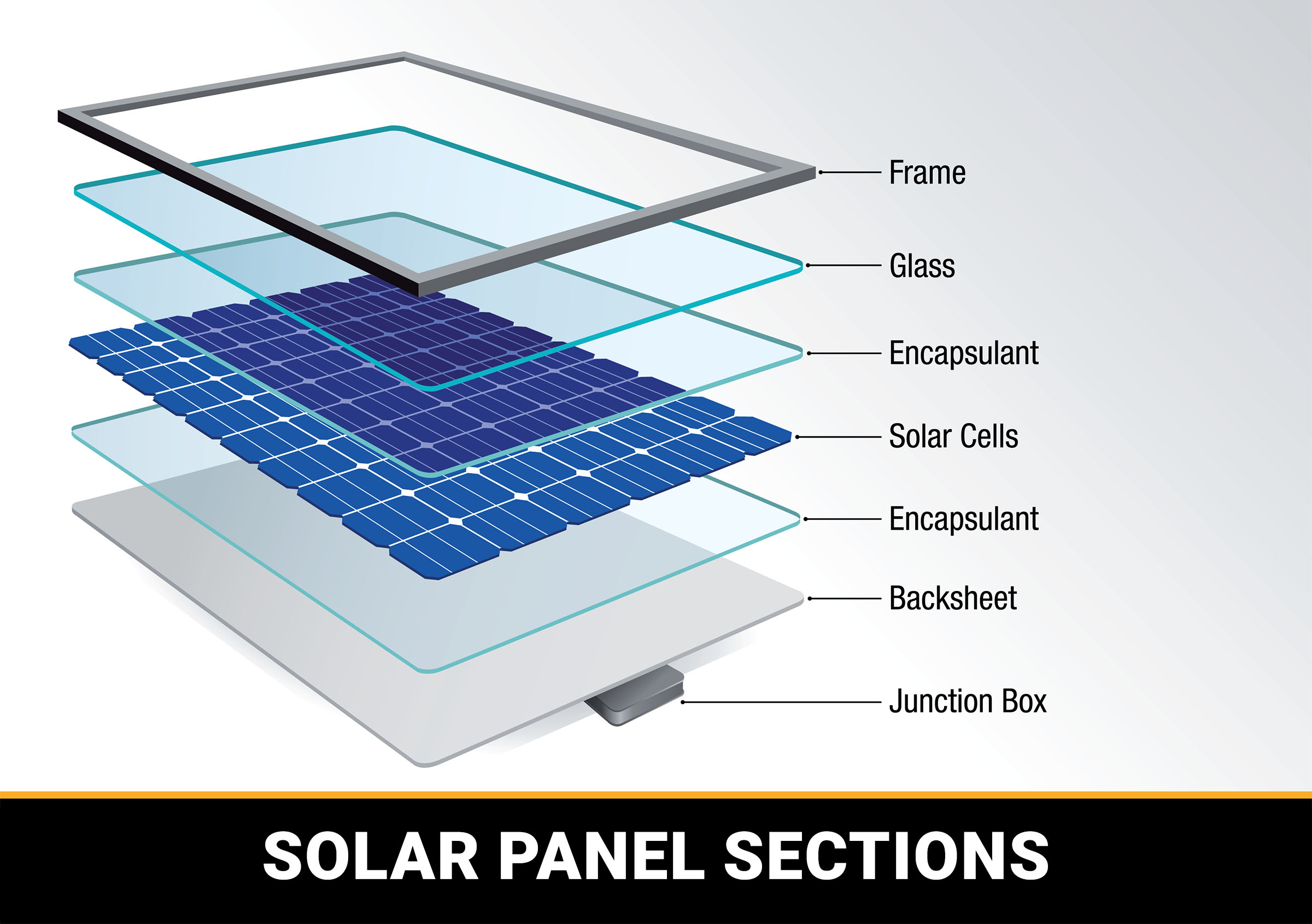HOW DOES A SOLAR ENERGY SYSTEM WORK ?

Solar Science
Understanding the concept of solar energy can be some-what daunting from a scientific standpoint. However, the basic principles of solar energy technology are fairly straightforward. Solar power is generated by an array or group of solar panels. The array of solar panels is typically installed on a rooftop or in some cases, ground-mounted. During daylight hours, the solar panels capture clean, renewable energy from the sun that is immediately converted to DC (direct current) electricity. The DC current is sent via an electrical conduit to an inverter that converts the DC power to standard AC (alternating current) electricity. This is the same electricity used to power all the electrical needs of your home.
Transmitting Power to the Grid and Net Metering
In some cases, your meter will spin backwards when your solar panels generate more electricity than your home needs. The excess clean energy is transmitted to your local utility grid where possible credit is earned on your power bill for "net metered" electricity. There are also times, during the evening or poor weather, when you aren’t generating enough electricity, you will continue to get power from your local utility or battery storage.

Monocrystalline & Polycrystalline Solar Panel Review



Polycrystalline Solar Panels
Polycrystalline panels are more than likely the best choice if your looking for the most inexpensive panel. However, the inconsistances in the over-all panel structure may cause an internal loss of efficiency at the seams, as there is a lower purity of silicon where the two differnent crystals connect. Polycrystalline panels have about a 13 to 16% efficiency rate, as opposed to monocrystalline panels with an efficiency rate of approximately 15 to 20%. A much larger array of polycrystalline panels would be needed to produce the same amount of energy than monocrystalline, which may not be possible for homes with limited roof space.
Monocrystalline Solar Panels
Monocrystalline panels are typically more expensive than polycrystalline, however many homeowners often find that the price for a monocrystalline system is more cost effective in the long run. This is due to the fact that it takes more polycrystalline panels to generate the same amount of energy, not to mention that homeowners will need to spend more on installation costs, racking equipment, and a possible string inverter system. A slightly better performance rate can also be expected with monocrystalline panels in shady conditions or higher temperatures. Consdering leasing? Although leasing a monocrystalline system may seem like a practical option for the short term, ownership of a monocrystalline system may make the most economic sense with a solid return on your investment in the years to follow.
Solar Panel Overview
Monocrystalline:
Higher efficiency
More expensive
Uniform color (typically black)
Performs better in high temperatures and shady conditions
Polycrystalline:
Lower efficiency (somewhat marginal)
Less expensive
Fragmented color (typically blue)
Less efficient in higher temperatures
So What Solar Panel System Is Right For You?
It all comes down to personal preference, budget and the unique details of your home. Thorough research and a complete product review can help define your options. Monocrystalline panels may be your best option if you have a need to optimize your energy output with limited roof space. Polycrystalline panels may be the best choice if you are leasing your solar panels and plan to pay a fixed rate. Ultimately, your decision will be based on energy usage and the exact specifications needed to design a solar energy system tailored for of your home.